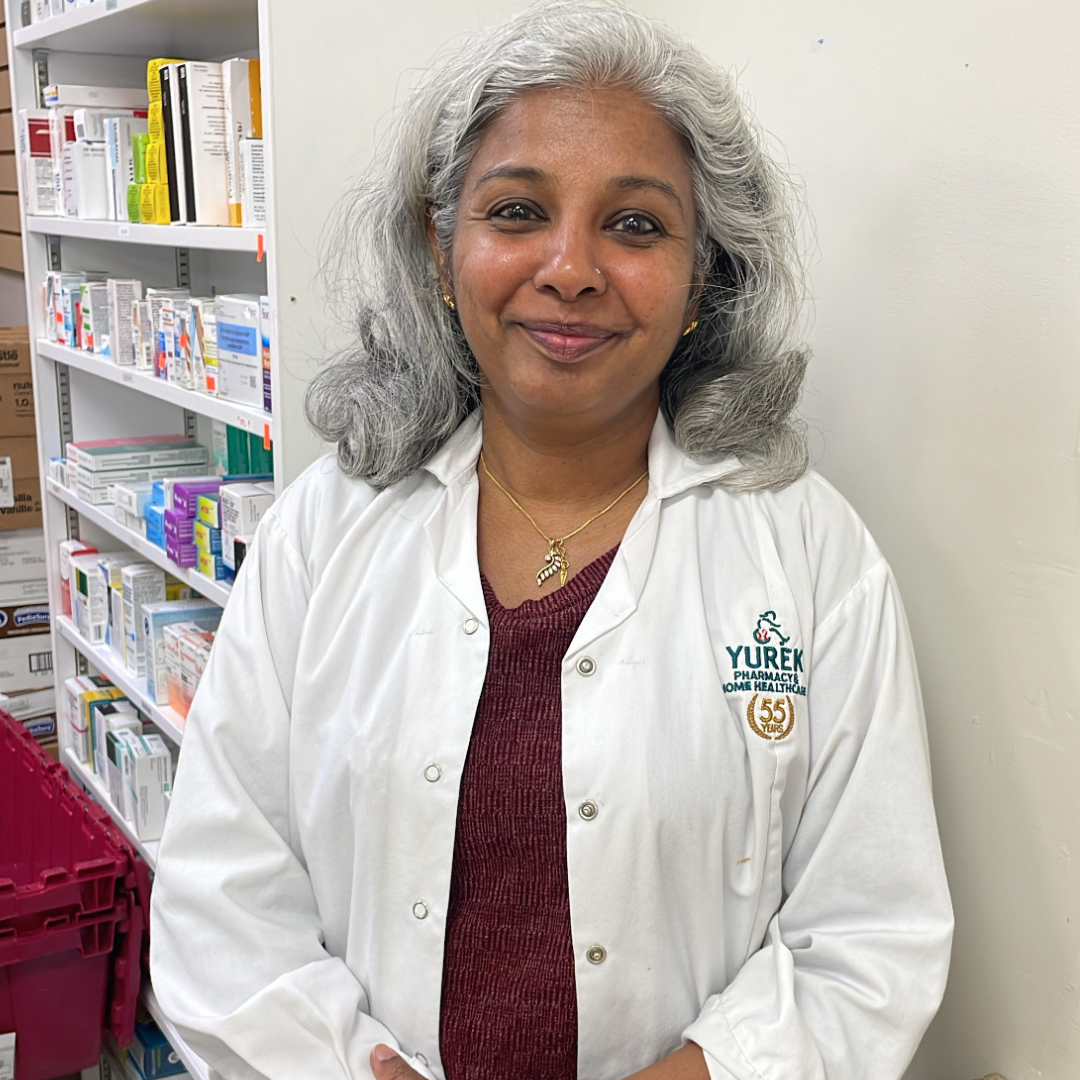You can’t live a full life without a few bumps and bruises along the way. Meeting those injuries head-on as the family first responder means assembling a well-stocked kit for your home and a travel kit for your car.
Your home first aid kit should include:
Jeff Yurek, BScPhm, RPh
- Emergency contact numbers (your doctor and local poison control centre)
- An assortment of adhesive bandages (including butterfly wound closure strips)
- Medical ointments (antibiotic, aloe vera gel, and calamine lotion)
- Hand sanitizer
- Antiseptic solution and wipes
- Gauze dressings
- Rolled compression bandages (e.g., Tensor)
- Triangular bandages (can double as a sling)
- Safety pins, scissors, and tweezers
- Medical or adhesive tape
- Instant ice packs
- Non-latex gloves
- Emergency blanket
- Thermometer
- Pain medication
- Antihistamines
- Blood thinners (like Aspirin)
- A flashlight (extra batteries) and roadside flares
- Jumper cables
- A can of aerosol tire inflator/sealant
- Power bank or portable charger (for your phone)
- Fire extinguisher
- Jug of water
- Waterproof matches and an emergency candle
- A compact shovel
- Blanket
Jeff Yurek, BScPhm, RPh








